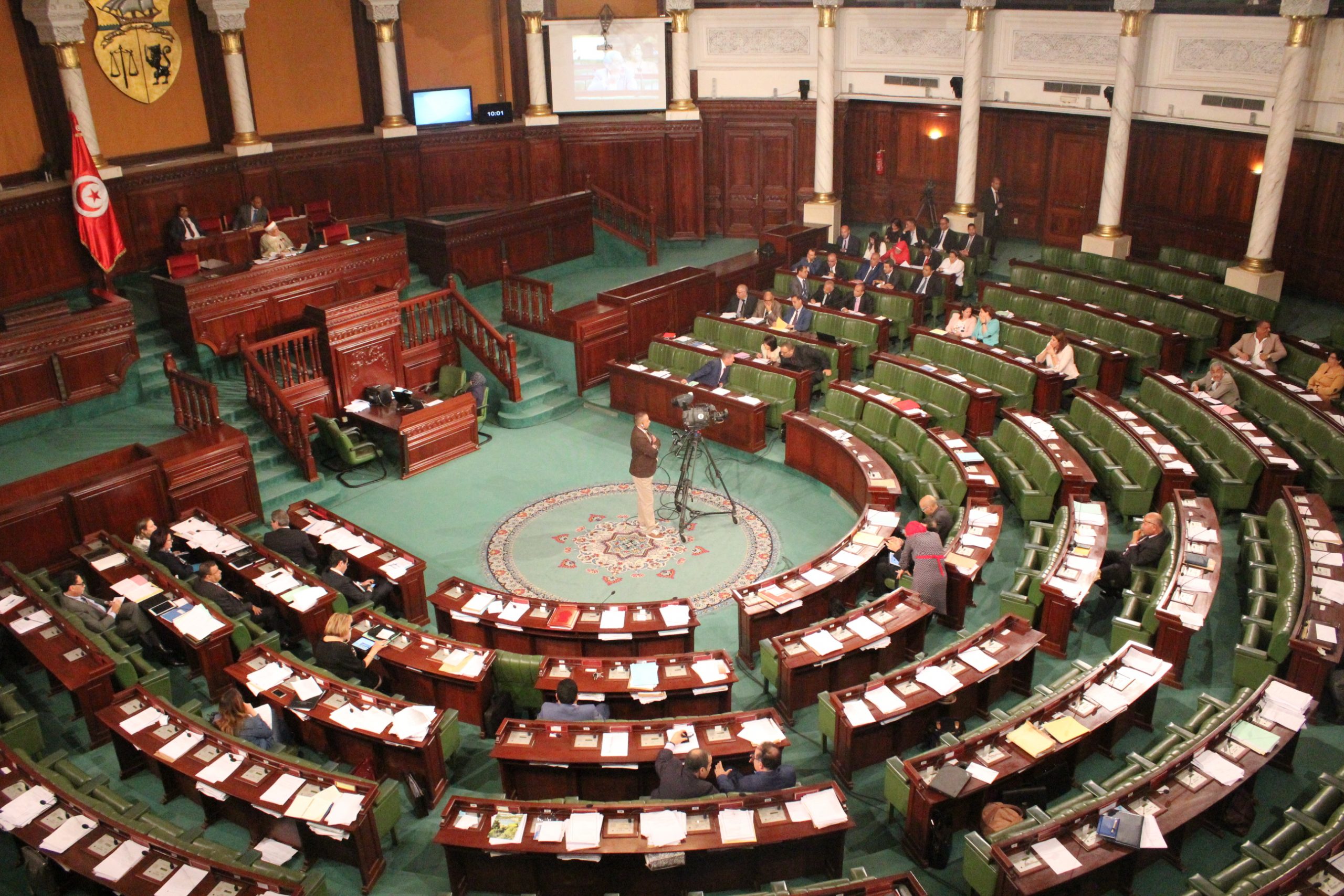Tunisia faced a significant political setback as President Kais Saied seized control amid pandemic-driven dissatisfaction, suspending elected bodies on July 25, 2021. Declaring a state of emergency, he dismissed the Mechichi government. This political upheaval poses a severe threat to democracy and civil rights, evident in the rising instances of arbitrary detentions and police abuse, fostering civil unrest.
The COVID-19 pandemic and the war in Ukraine worsened Tunisia’s fragile economy. The 2023 budget law aims to ease fiscal pressure, but rising debt and a declining dinar persist. The debt crisis, the risk of state collapse and severe commodity supply constraints constitute the top threats, followed by a cost-of-living crisis and inflation.
Saied prioritizes his personal and unorthodox vision, such as the marginalization of political parties. The top-down constitution, adopted after a questionable July 2022 referendum, solidifies his authority. To deflect blame for shortages, Saied condemns illegal speculators and labels critics as traitors and enemies of the state.

